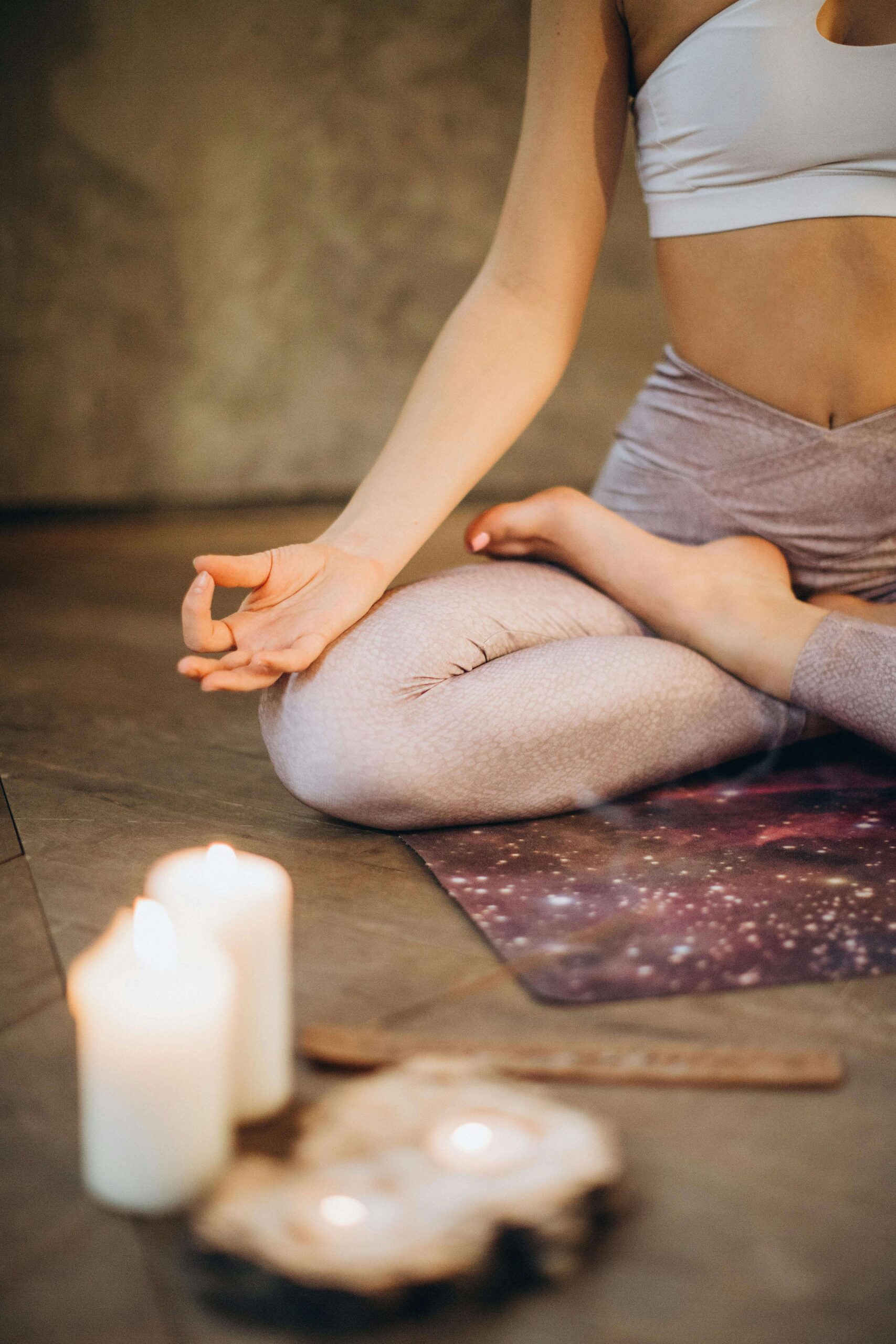5 Ways Meditation for Sleep Can Transform Your Nights

Are you tossing and turning all night, desperately seeking a restful sleep? Meditation for sleep might just be the solution you need. Imagine slipping into a state of peaceful slumber, free from the stress and anxiety that often keeps you awake. In this article, we’ll explore how meditation can help you achieve better sleep and offer practical tips to make it work for you.
1. What Is Meditation for Sleep?
Meditation for sleep is a practice designed to calm your mind and prepare your body for rest. Unlike general meditation, which can be used for various purposes, this specific type focuses on relaxation techniques to improve sleep quality. The goal is to reduce stress and promote a serene state of mind, making it easier to fall asleep and stay asleep through the night.
2. Benefits of Meditation for Sleep
Meditation for sleep offers several benefits, including:
Reduced Insomnia: Regular meditation can help alleviate symptoms of insomnia by calming the nervous system.
- Lower Stress Levels: By focusing on relaxation, meditation reduces stress hormones like cortisol, which can interfere with sleep.
- Improved Sleep Quality: Meditation promotes deeper and more restorative sleep cycles, leaving you refreshed and rejuvenated
- Enhanced Emotional Well-being: It helps manage anxiety and depression, which can negatively affect sleep patterns.
3. How to Start Meditation for Sleep
Starting meditation for sleep is simple. Here’s a step-by-step guide:
- Choose a Comfortable Space: Find a quiet, comfortable place where you won’t be disturbed.
- Set a Routine: Practice meditation at the same time each night to establish a habit.
- Try Guided Meditations: Use apps or online resources that offer guided meditations specifically designed for sleep.
- Focus on Breathing: Concentrate on slow, deep breathing to calm your mind and body.
- Use Relaxation Techniques: Incorporate progressive muscle relaxation or visualization exercises to enhance the experience.
4. Meditation Techniques for Better Sleep
Several meditation techniques can be particularly effective for sleep:
- Mindfulness Meditation: Focus on your breath and observe your thoughts without judgment. This helps quiet the mind.
- Body Scan Meditation: Pay attention to different parts of your body, relaxing each area gradually.
- Loving-Kindness Meditation: Send positive thoughts to yourself and others, promoting a sense of peace and contentment.
- Visualization: Imagine a peaceful scene or place, allowing your mind to drift away from daily stressors.
5. Tips for Making Meditation for Sleep a Habit
Consistency is key to benefiting from meditation for sleep. Here are some tips:
- Set a Schedule: Dedicate 10-15 minutes each night before bed for meditation.
- Create a Relaxing Bedtime Routine: Combine meditation with other calming activities like reading or taking a warm bath.
- Track Your Progress: Keep a journal to note improvements in your sleep.
- Be Patient: It may take time to see results, so stick with your practice and adjust techniques as needed. patterns and overall well-being.
Incorporating meditation for sleep into your nightly routine can make a significant difference in the quality of your rest. As you start experiencing the benefits, you might find it easier to fall asleep and stay asleep throughout the night. Remember, your journey to better sleep begins with a single step, and meditation can be that step toward a more restful and peaceful night.
FAQ
Meditation improves sleep by calming the mind, reducing stress, and promoting relaxation, which helps you fall asleep faster and enjoy deeper, more restful sleep.
To do sleep meditation, find a quiet, comfortable spot. Sit or lie down in a relaxed position. Close your eyes and focus on your breath or a calming image. Use guided meditations if needed. Allow your mind to settle and gently drift into sleep.
Meditation helps sleep by calming the mind, reducing stress, and promoting relaxation. It lowers anxiety levels, slows down brain activity, and creates a peaceful state that makes falling asleep easier and improves sleep quality.
Guided meditation or mindfulness meditation is often considered best for sleep. These techniques focus on relaxation and can include soothing voice guides or visualizations that help calm the mind and prepare the body for restful sleep.







